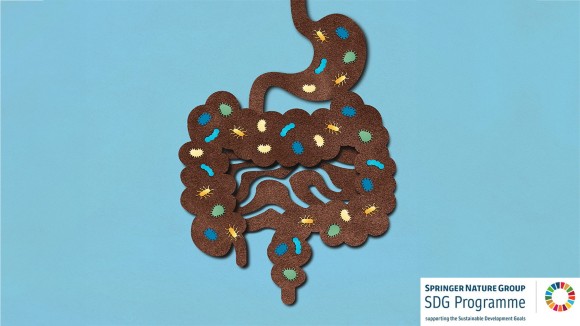The Collection will publish original research Articles, Reviews and Comments (full details on content types can be found here). Papers will be published in Humanities & Social Sciences Communications as soon as they are accepted and then collected together and promoted on the Collection homepage. All Guest Edited Collections are associated with a call for papers and are managed by one or more of our Editorial Board Members and the journal's Editors.
This Collection welcomes submissions from all authors – and not by invitation only – on the condition that the manuscripts fall within the scope of the Collection and of Humanities & Social Sciences Communications more generally. See our editorial process page for more details.
All submissions are subject to the same peer review process and editorial standards as regular Humanities & Social Sciences Communications Articles, including the journal’s policy on competing interests. The Guest Editors have no competing interests with the submissions, which they handle through the peer review process. The peer review of any submissions for which the Guest Editors have competing interests is handled by another Editorial Board Member who has no competing interests. See our journal policies and submission guidelines for more details.
This Collection is not supported by sponsorship.

